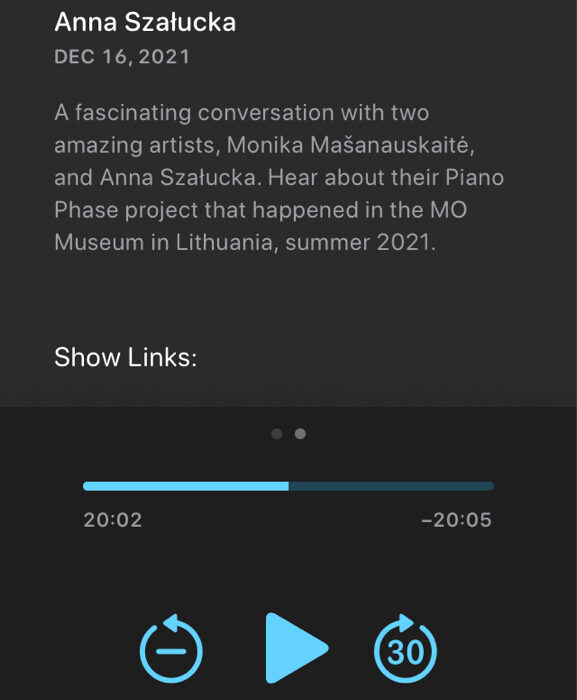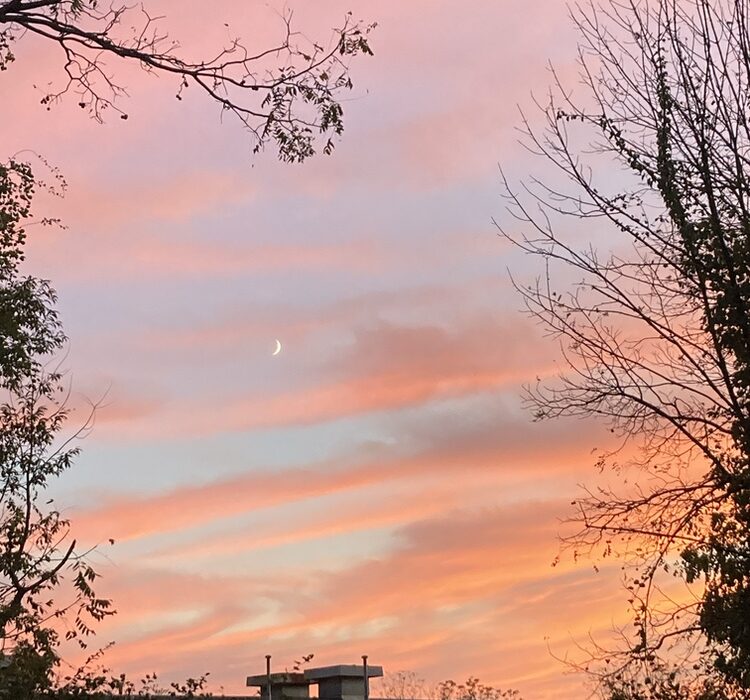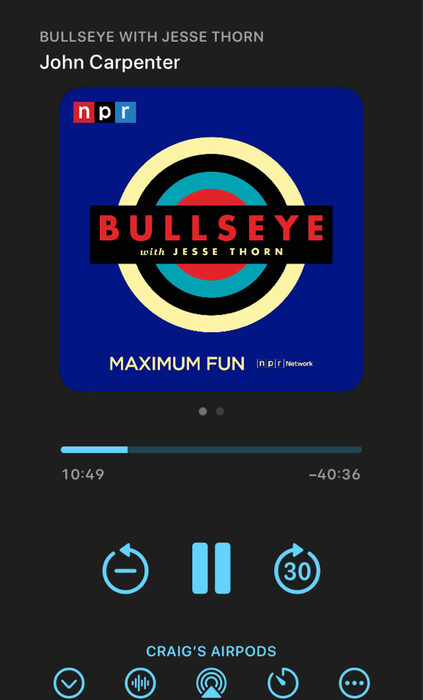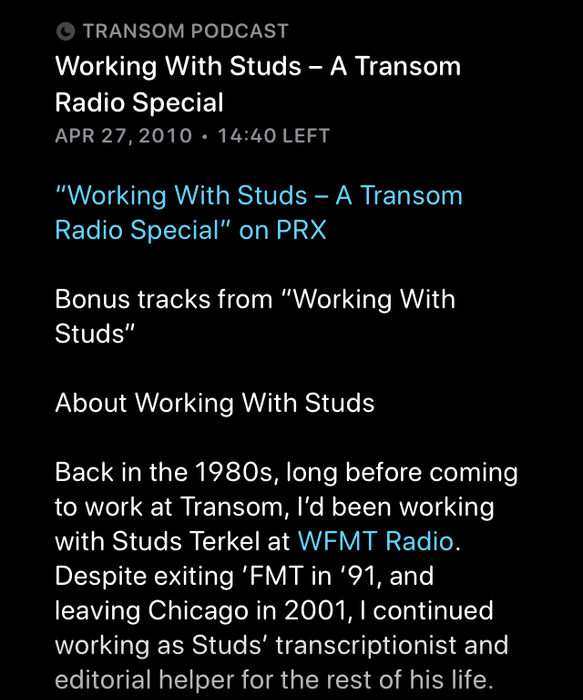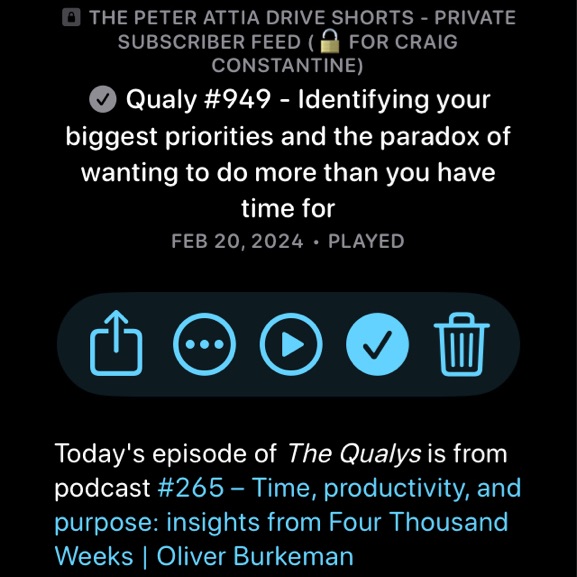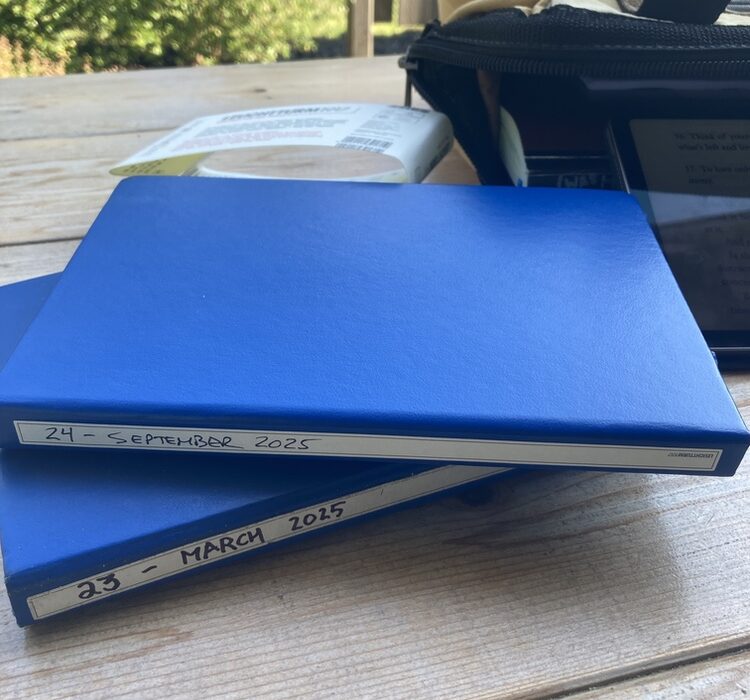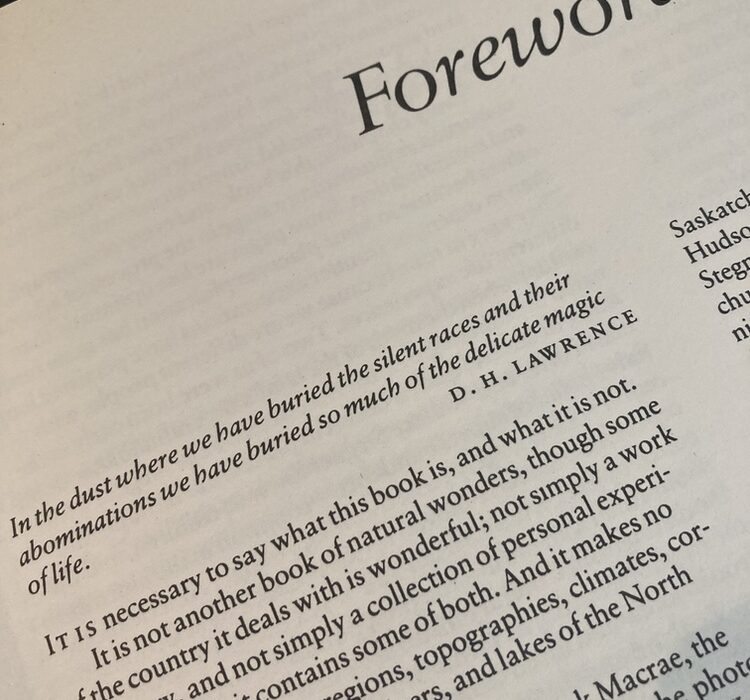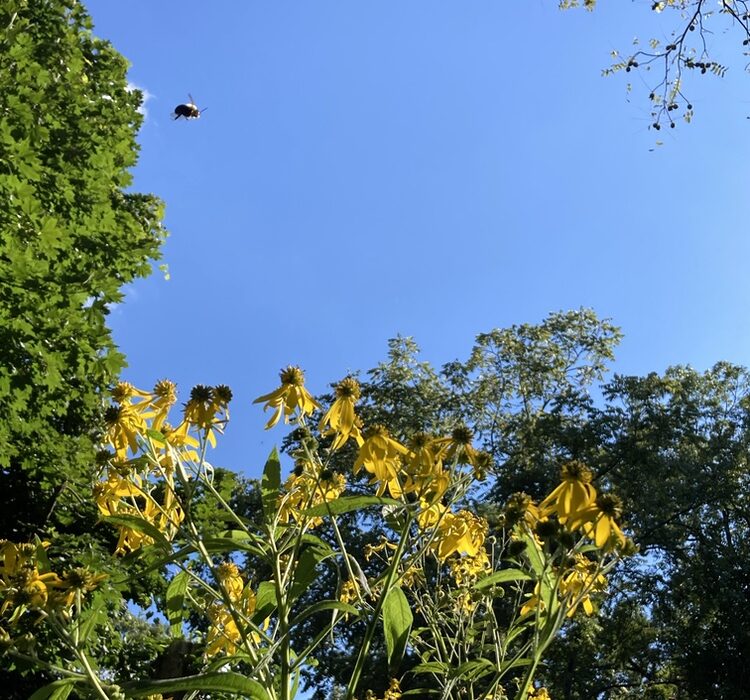I’m currently in the Introduction from Will Stone’s translation of, Montaigne by Stefan Zweig. Two things:
First, a nit about getting the right ideas into our minds when we read. Not a criticism of authors’ (such as Stone) word choices, but rather of our thinking correctly as readers.
Stone quotes Zweig as, “How to keep humanity intact in the throes of bestiality?” Stone’s translation is from 2015, and our current English usage carries sexual connotations. But I had a hunch that Zweig had something like “in the way of beasts” in mind since he was writing in German, in Brazil, in 1941, amidst the global throes of WWII.
It took me just a few moments to get an LLM to show me that Zweig almost certainly wrote «Bestialität»—which in Zweig’s German would have meant brute savagery or barbaric cruelty with no modern (circa 2025) sexual connotation. And in the larger context of the brutality of the war, that connotation makes perfect sense.
Second, further along Stone quotes a vivid metaphor from Zweig relating to suicidal ideation:
[…] always in moments of impotence it emerged, surging powerfully upwards like a dark rock whenever the tide of passions and hopes in his soul ebbed.
Relax; I’m not suicidal. I’m only remarking on the sublime perfection of that metaphor.
ɕ
